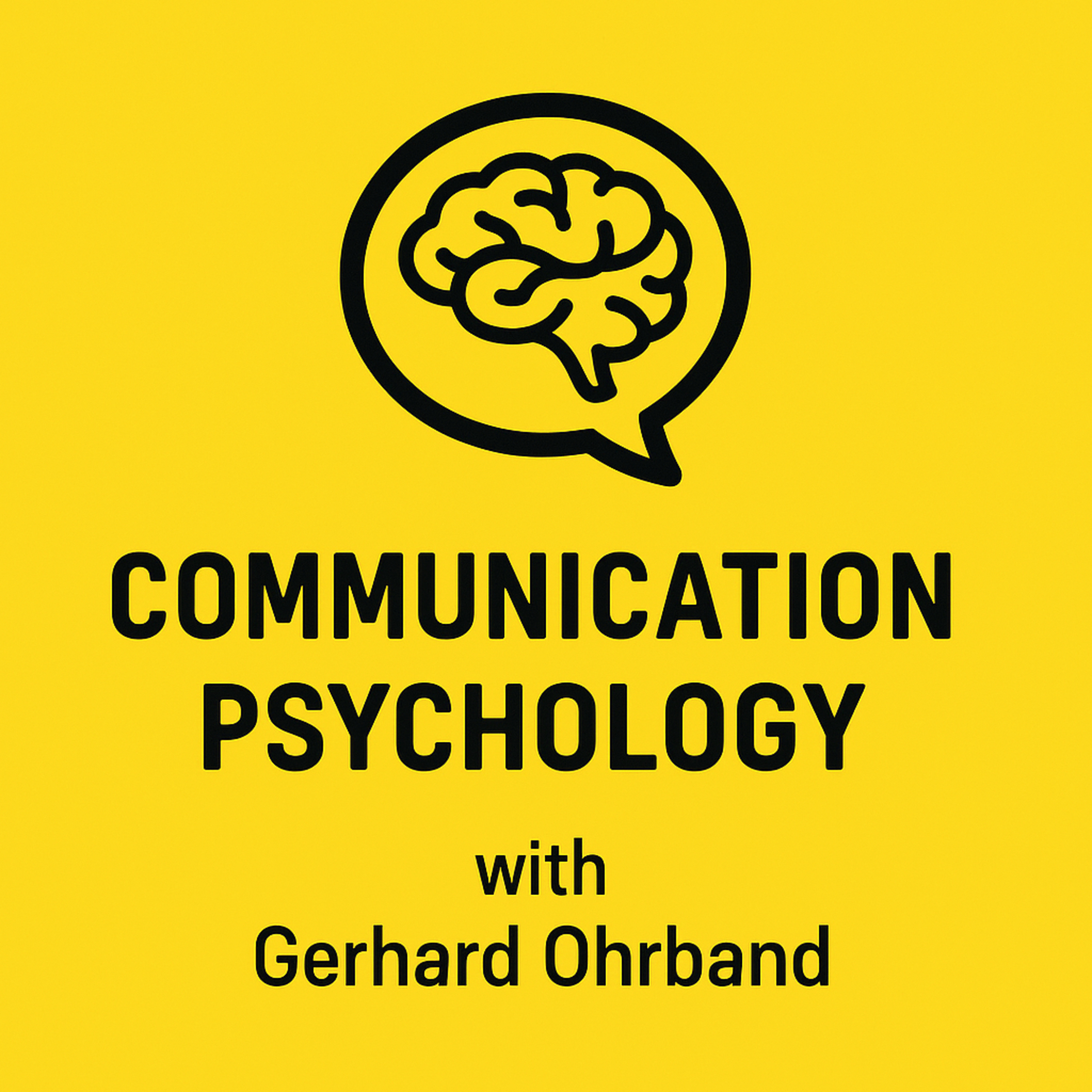Podcast Episode Details
Back to Podcast Episodes
How to See the Good in the Bad While Talking to a Difficult Person
Every team has a “difficult person”—the colleague who always says no, challenges every idea, or seems impossibly negative. But what if that behavior actually reflects a hidden virtue? In this episode, we explore how recognizing the good in the bad can transform difficult conversations and bring more balance to your team.
References
Baege, M. (2018). Bowen family systems theory. Vermont Center forFamily Studies. Retrieved fromhttps://vermontcenterforfamilystudies.org/about/bowen-family-systems-theory/
Brown, J., & Errington, L. (2024). Bowen family systems theory andpractice: Illustration and critique revisited. ResearchGate. Retrievedfrom https://www.researchgate.net/profile/Jenny-Brown-2/publication/381014808_Bowen_family_systems_theory_and_practice_Illustration_and_critique_revisited/links/66829e8e0a25e27fbc1a1f34/Bowen-family-systems-theory-and-practice-Illustration-and-critique-revisited.pdf
Schulz von Thun, F. (1989). DasWerte- und Entwicklungsquadrat. Schulz von Thun Institut. Retrievedfrom https://www.schulz-von-thun.de/die-modelle/das-werte-und-entwicklungsquadrat
The Bowen Center for the Study of the Family. (n.d.). Introduction toBowen theory. Retrieved from https://www.thebowencenter.org/introduction-eight-concepts
Verywell Mind. (2022, January 10). What is family systems therapy?.Retrieved from https://www.verywellmind.com/family-systems-therapy-definition-techniques-and-efficacy-5213785
Published on 1 month ago